Wine Conversations: Can AI Replace Somms? (V)
My take: What if it wasn't either or? What if we look at AI as an enabler, not a threat?
It’s clear that this topic has engendered some strong feelings. So far, many of the columnists and comments conclude that AI can never truly replace somms because of the personal input provided by the latter.
Tannic Panic and Bright + Balanced make that argument. Just a Smidge takes it a step further with her take that most uses of AI are unethical.
“I think most uses of AI are deeply unethical, and that we should not be tempted by the ease of it. It’s so ubiquitous now that we actually have to actively resist using it, or the consequences to human creativity and interpersonal communication will be dire.”
Stacey Midge
The Wine Edit by Truffles & Tannins notes that “in an ideal world AI would be used to help the sommelier, rather than replace them.” That’s the premise of my post. I believe the advent of AI in the hospitality business cannot be stopped, and the sommelier who embraces AI will have a chair when the music stops.
In an exclusive series of interviews with the digital media company Axios, leaders in the field debate the impact of AI. Jensen Huang, CEO of Nvidia sees it as a “new industrial reset.” Dario Amodei, CEO of Anthropic likens it to “a white-collar bloodbath.” As a digital immigrant who can barely use Zoom, I give the advantage to Huang and Axios’ views on this topic.
Huang recommends learning to use AI "to transform the way you work" — exactly the advice we've given every person who works at Axios.
"You might go forward 10 years from now, " Huang said, "and just realize: The actual thing I was doing before that I considered to be my job, I don't do anymore. But I still have a great job — in fact, even better than before. The things that I'm doing at my job are different, because AI is helping me do a lot of it. But I'm doing a lot more meaningful things." (Emphasis mine)
Please allow me to introduce you to the reason I believe AI can be a transformative enabler for sommeliers.
Alper Billik, referenced in an earlier post of mine is the man behind the proprietary wine-focused AI platform, Somm Digi AI. An Advanced Sommelier by trade, Billik shifted his focus during the pandemic. He opened a digital marketing practice for the hospitality sector.
Shortly thereafter, he expanded his offerings by building an AI tool for sommeliers and other wine professionals. His platform is powered by Open AI’s ChatGPT, but he’s trained it with a sommelier’s mindset.
Billik began by uploading all of his study notes as well as the wine questions he had been asked by patrons over the years. He added other information that would tailor the platform for sommelier and WSET level three students. Interestingly, he doesn’t believe AI can replace somms, but he argues that “only sommeliers who learn to integrate AI into their roles will remain competitive in the future.”
Billik gave me the keys to Somm Digi AI so I could play around with it. It was intuitive, easy to use, and I was impressed with the quality of the output. I asked it for two different sets of wine pairing recommendations. In both cases, it came back in seconds with a page of information, including how to present and talk about the wine at the table. For my second query, it gave me three different wines and price point recommendations: The first was the everyday option. The second was a premium option and the third was a Sommelier splurge.
For my next query, I uploaded an image of a bottle of Garrus. Again, in mere seconds, it gave me vintage specific tasting notes, winemaking information, and a storyline to share with guests. Imagine your restaurant has a one-bottle corkage policy. A patron brings in an obscure bottle of wine that you’ve never tasted. You take it away to prepare it for service. In the time it takes to do that, you upload an image of the bottle to Somm Digi AI. Using the information you get about the wine, you can turn service into an opportunity to cross or upsell the guests to a wine from your list for their next bottle.
My favorite query was when I deliberately asked Somm Digi AI an overly simplistic question in its education section. It literally chastised me and told me that I would have to pull my socks up to write a query befitting the level of certification I sought. It then rewrote my question and proceeded to answer it.
My last query asked it to outline a presentation on wine tasting. In no time, I had a seven-slide deck aimed at novice tasters.
AI can streamline daily tasks, enhance your wine knowledge, build wine lists, manage inventory, outline and prepare wine education presentations, as long as you make it smart. You are the one giving the platform value because it’s only as good as the data you upload.
So, tomorrow’s skillset for sommeliers is clearly changing. Billik says “the key to surviving and thriving in this new environment is learning how to work with AI, using it to augment your existing skills and make your role even more indispensable.”
Axios compiled an AI Survival Kit to help people navigate what’s next. Billik wrote a beginner’s blog post for sommeliers. Here’s the trailer from MasterClass for its three-part GenAI video tutorial.
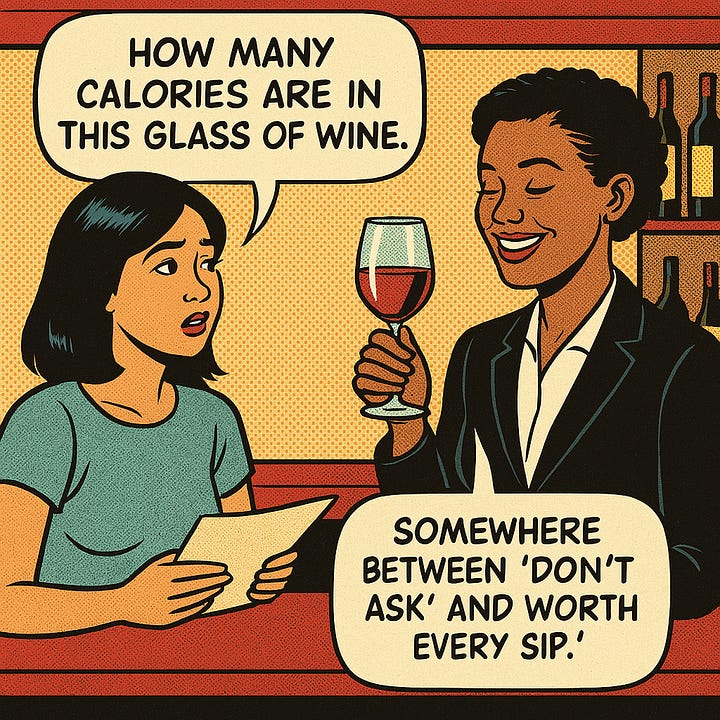
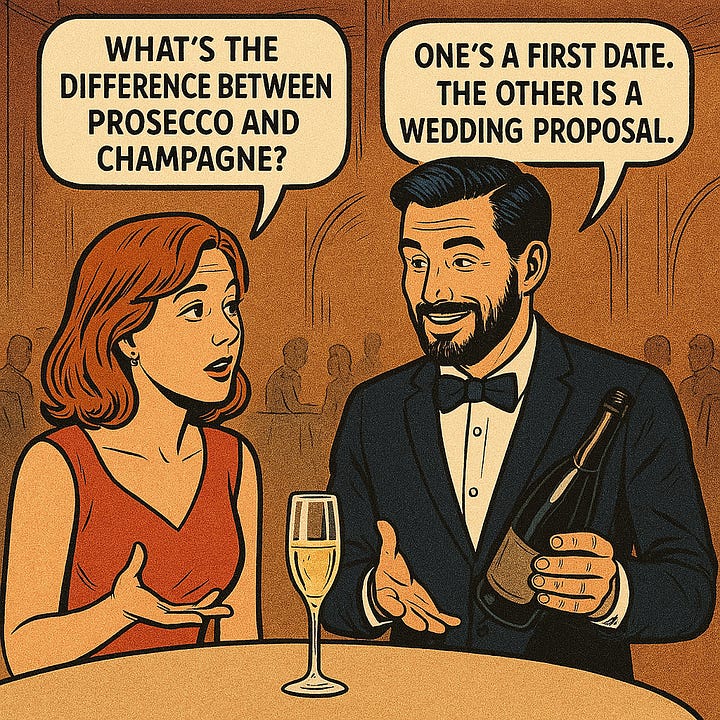
One of Billik’s next focuses is to make wine more approachable. He uses AI-generated images and videos to attract new people to wine through humor and design. That’s how I found him. His cartoons and other images caught my eye on Instagram. He’s a prolific social media user.
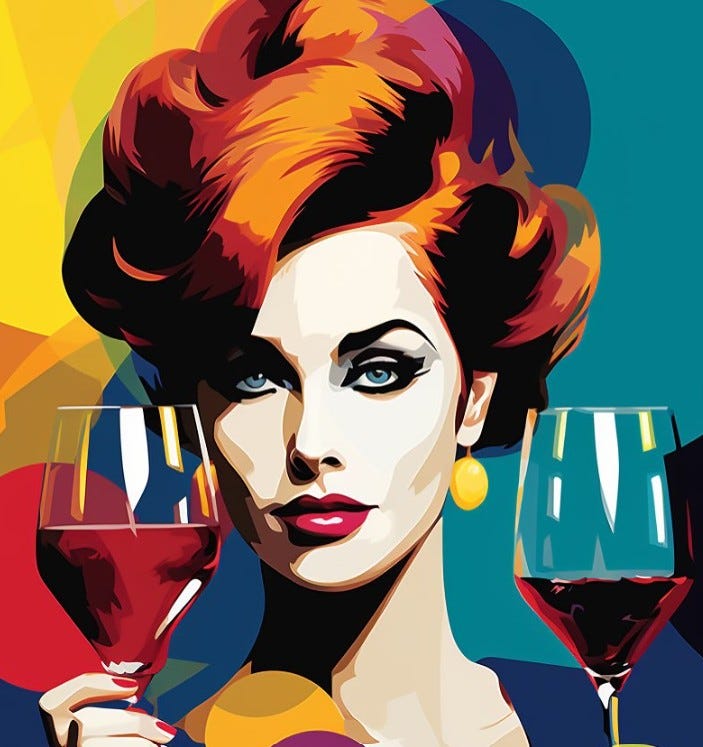
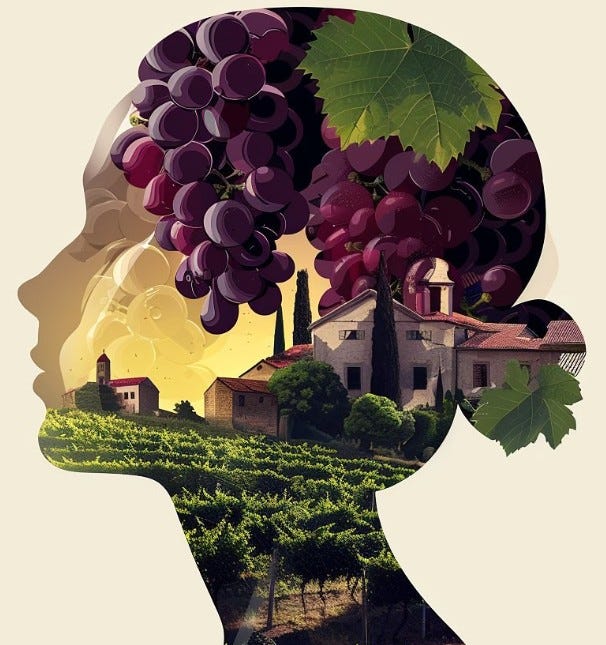
The bottom-line from Axios: “This is a snooze-you-lose moment. But if you jump in…this could be a game-changer for your career.”
I realize this view might not be popular for a variety of reasons. I don’t believe the AI-genie can be put back in the proverbial bottle, so my advice is to get ready now and make it work for you. Think of AI as an enabler, not a threat.
For more on how AI is being used right now in the hospitality sector, this post by David Mastro Scheidt is a must read.
As ever, your comments are welcome. If you like the post, please click on the heart icon. It’s much appreciated.



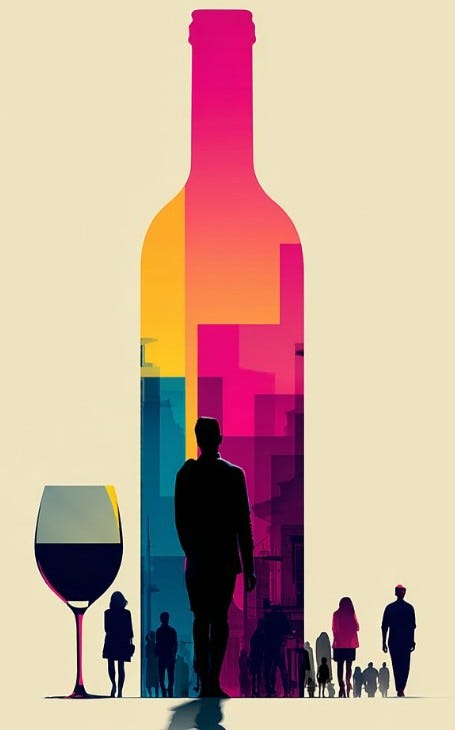

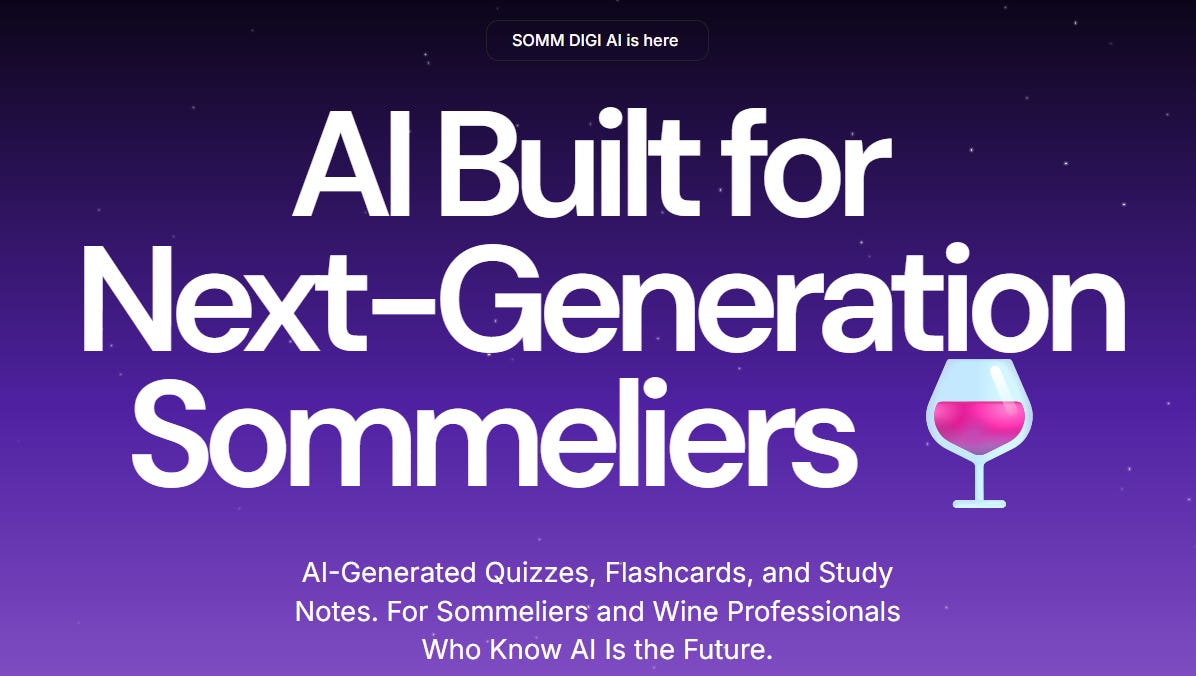

Thanks for the mention! I agree that the AI genie cannot be put back in the bottle and we basically need to get on board or be left behind. But I do take issue with this: "You are the one giving the platform value because it’s only as good as the data you upload." If only it were the case that we were all training our own models with our own data. Instead, the models are being trained on the output of millions of writers, illustrators and creators in general who never gave permission for their work to be plagiarised for zero money by absolutely anyone. AI might be here to stay whether we like it or not, but I agree with Stacey's earlier post that it's inherently unethical.
I remember the early debates around digital cameras versus film and the editing tools that are now commonplace on our phones. There are some parallels here with AI. Was it a ‘real’ photograph if someone retouched it digitally? Are we developing film? Bringing it to the Foto-Mat? Are we even printing those photographic memories anymore? Nah, we’re just scrolling 10,000 digitally enhanced photos on our phone without a thought anymore. Enhanced color? Easy. Black and White? Done. Sure, the real photo enthusiasts care, the hard-core folks still using film, studying light, backpack of gear. And then there’s the rest of us, happy to take photos with a convenient camera phone that can increase the contrast with a button click.
Wine and photo enthusiasts may have some things to discuss in the future, like adaptation to new tools. Yeah, I’d listen to what Jensen has to say too. You’re right Corinne, the AI-genie isn’t going back in the bottle, Somms and other industry people better figure out how to use it best in their line of work.
Thank you for the “must read” regarding my post. Appreciate the shout out.